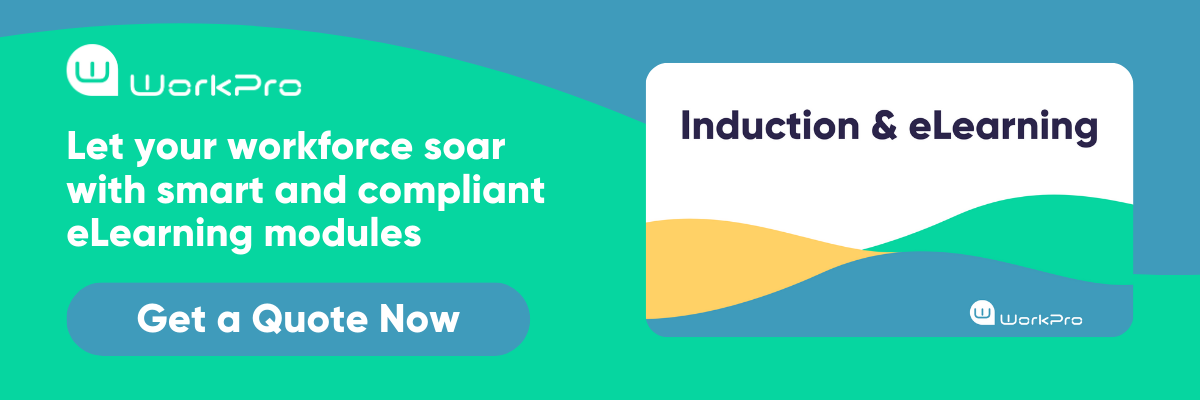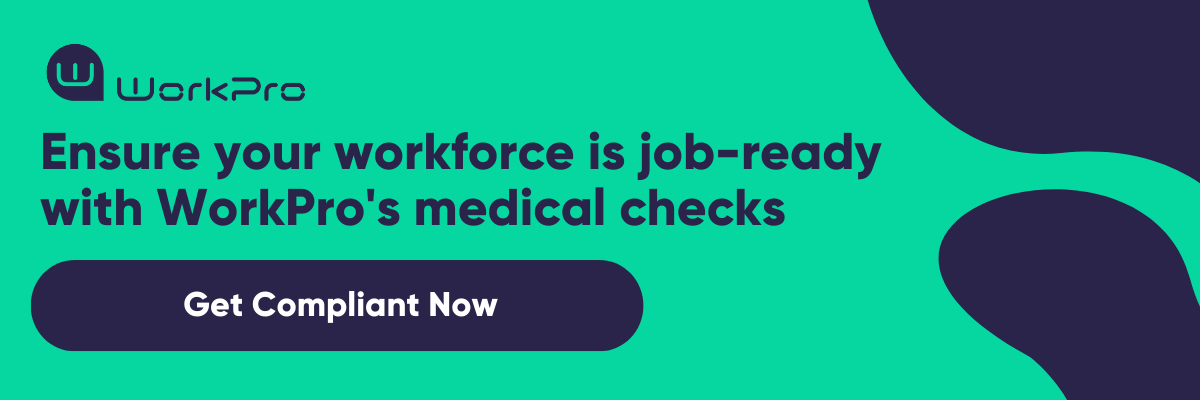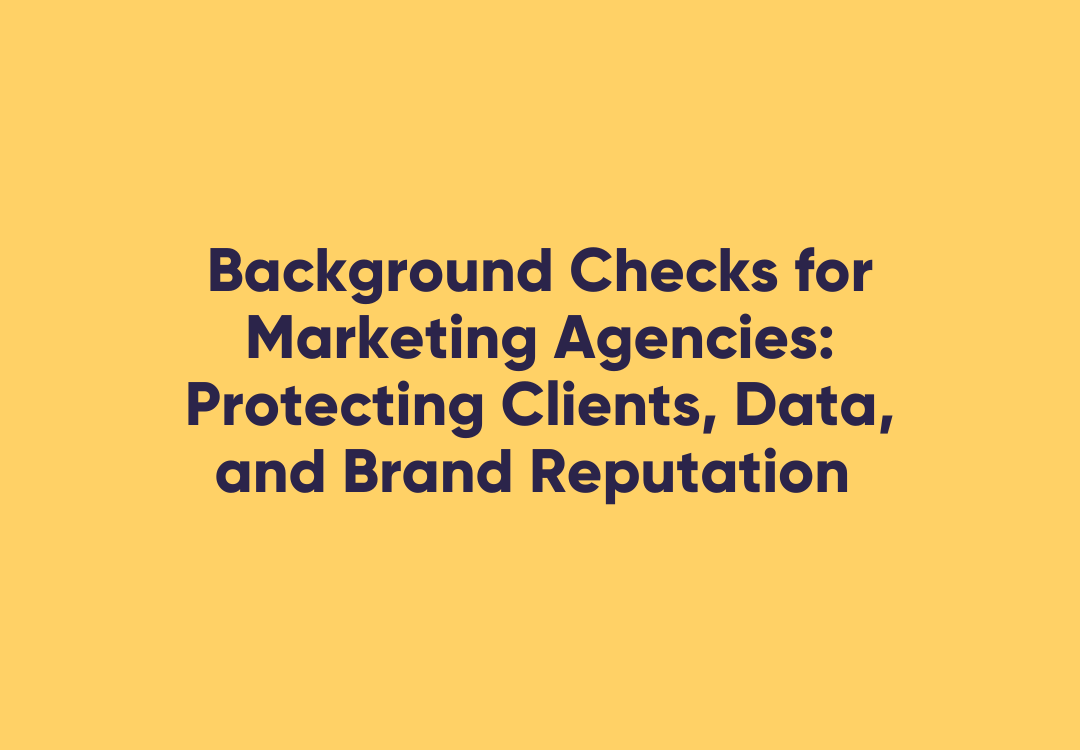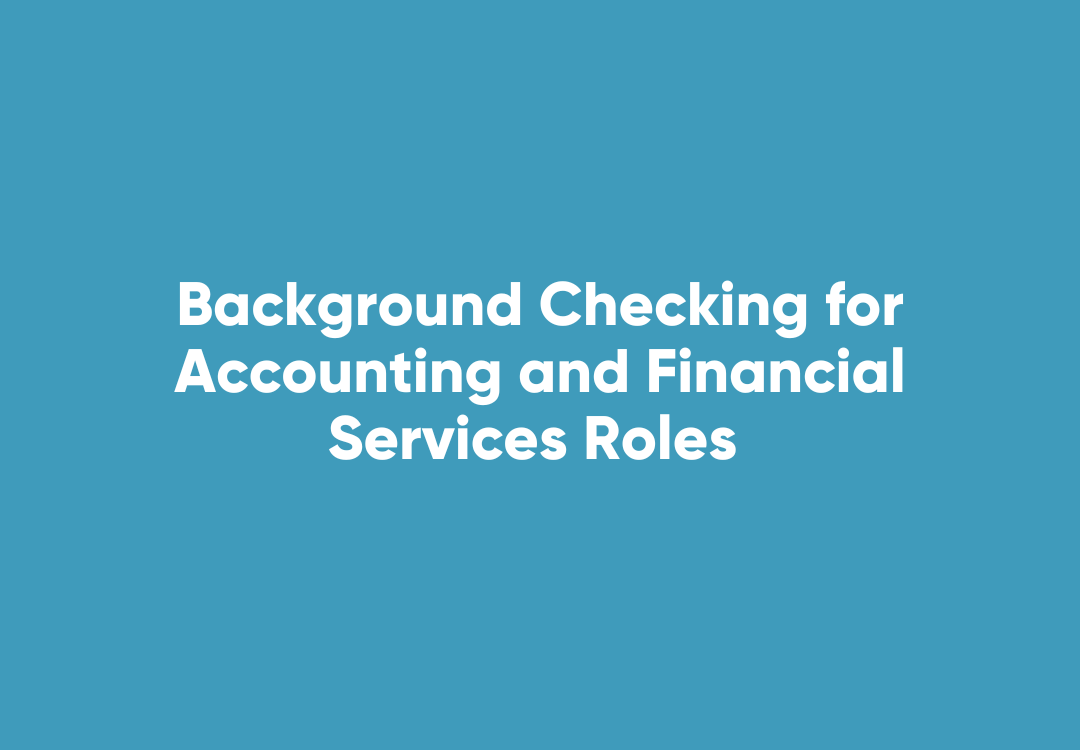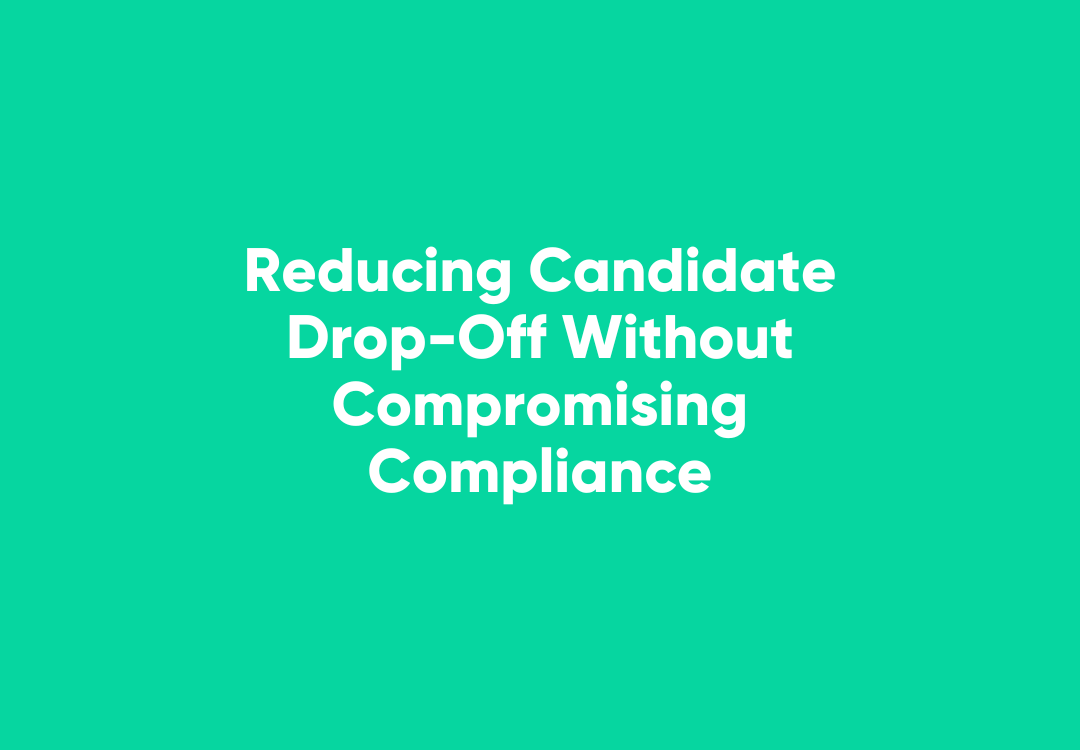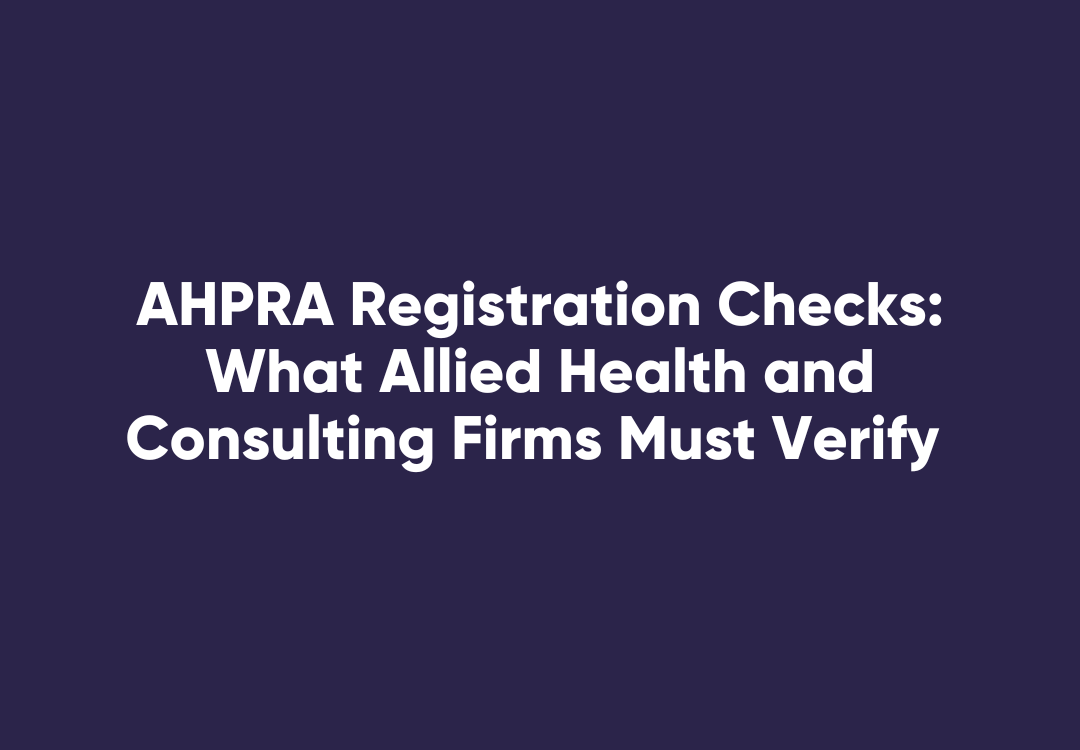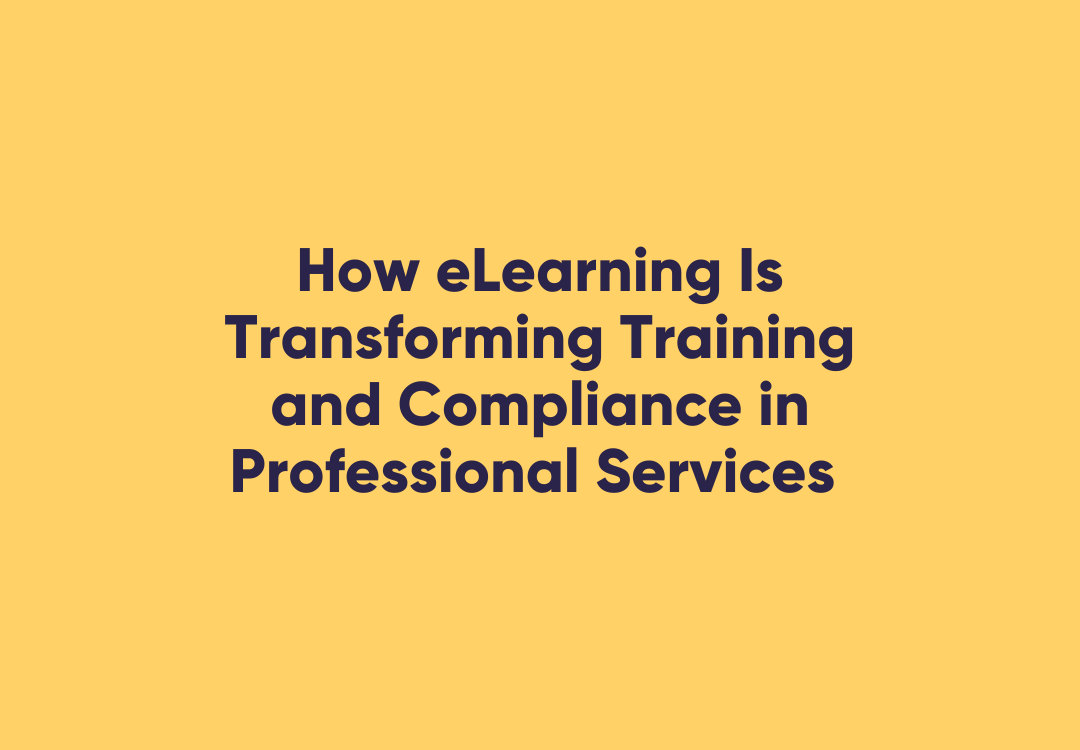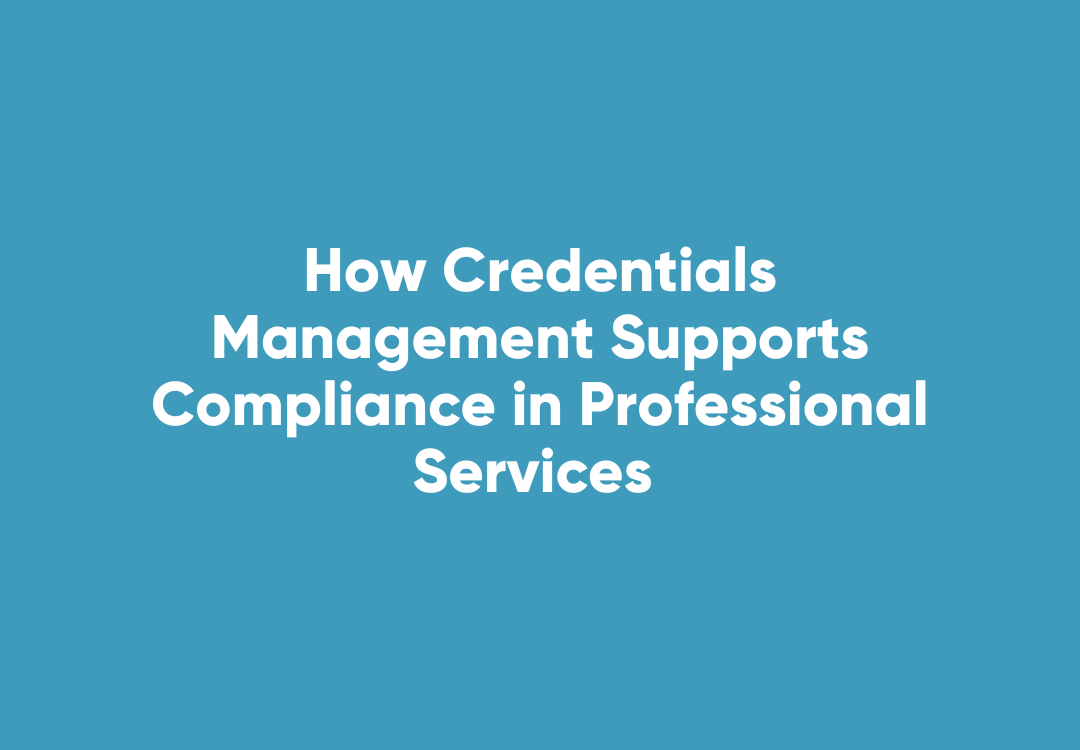Workplace Stress May Have a Delayed Effect on Staff
New research from San Francisco State University* suggests that the amount of stress workers experience can have a delayed impact on their performance.
The study highlights the value of work health and safety training for employees and managers, along with robust work health and safety practices and an open culture to help alleviate this workplace risk.
The study analysed the way that individuals respond to highly stressful situations, and the negative behaviour they begin to exhibit following these periods.
This finding stands in stark contrast to existing theories behind workplace stress.
Previously, it was assumed that stressed individuals acted out immediately after a period of intense stress in the workplace, such as a change of management or a particularly busy time of the year.
Behaviours that stressed individuals exhibited in the survey included issues like taking an excessively long lunch break or stealing office supplies.
For organisations, there is a risk that this delayed behaviour may make it harder to detect and therefore resolve stress.
Interestingly, this activity was more common among those who the study classified as "conscientious" and "agreeable" – individuals who may be overlooked as people who are experiencing stress in the workplace.
Additionally, these individuals were often those who have support in place to cope with an initial experience of stress, which created this delay in the expression of stress indicators.
While this support may initially be able to see them through a period of workplace stress, over time these mechanisms will "lose steam" and staff productivity was affected.
With this knowledge, it is important for companies to recognise the impact of long periods of stress, rather than just short periods of intense stress, and implement strategies to address this issue through an embedded program.
One starting point for companies is to download WorkPro's free e-book.
This contains a range of useful points for understanding the effect of stress in the workplace, along with advice on how work health and safety training and organisational change can be used to reduce stress.
*Kevin J Eschleman, Nathan A Bowling and David LaHuis:
The moderating effects of personality on the relationship between change in work stressors and change in counterproductive work behaviours, Journal of Occupational and Organisational Psychology October 3 2014.


